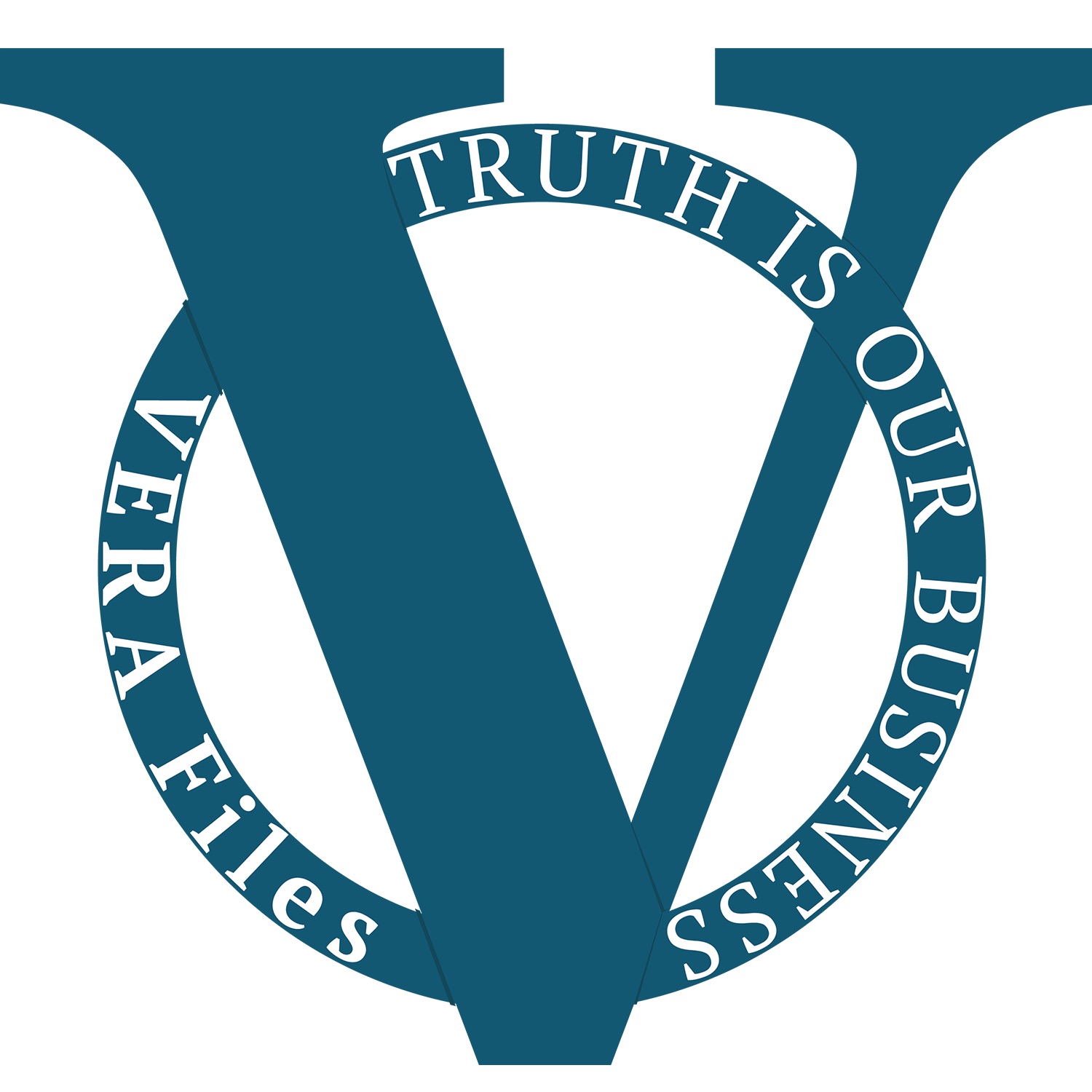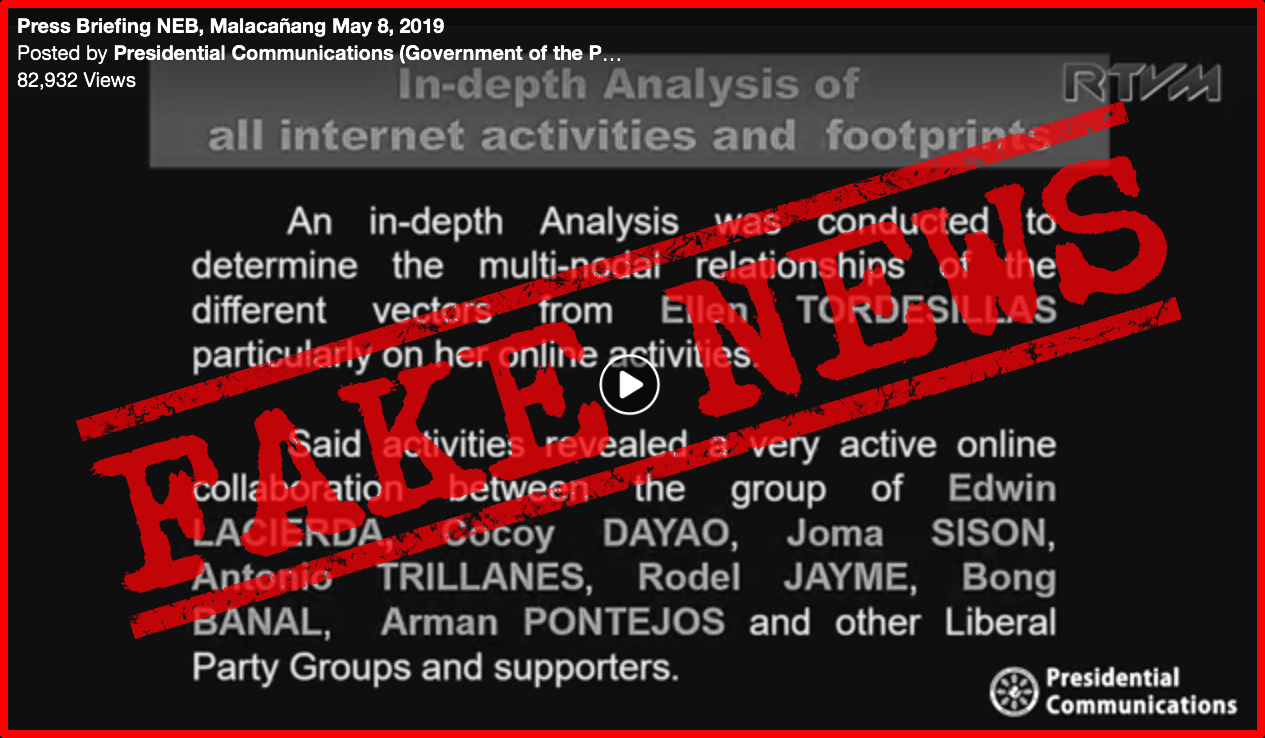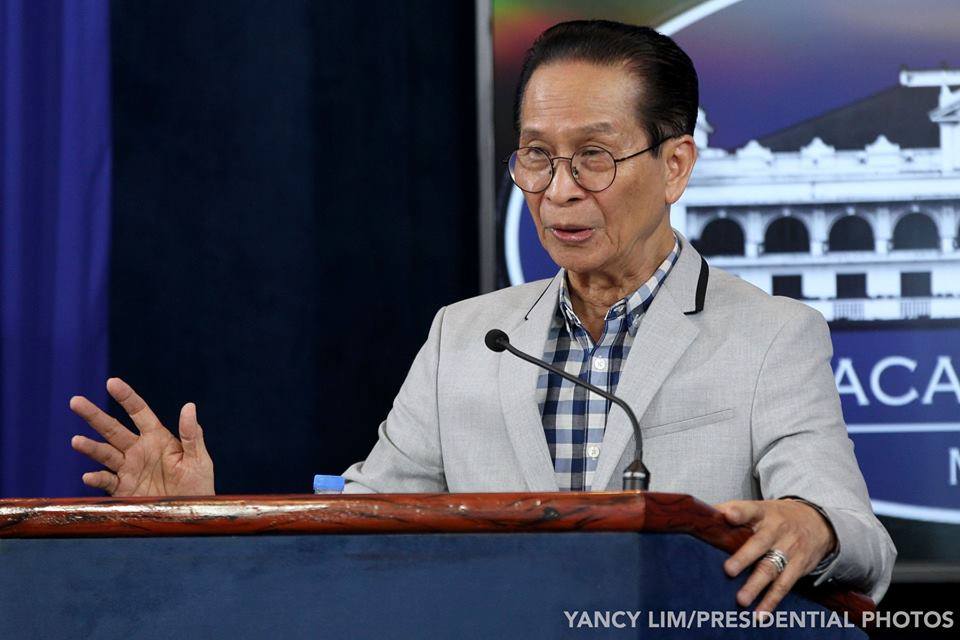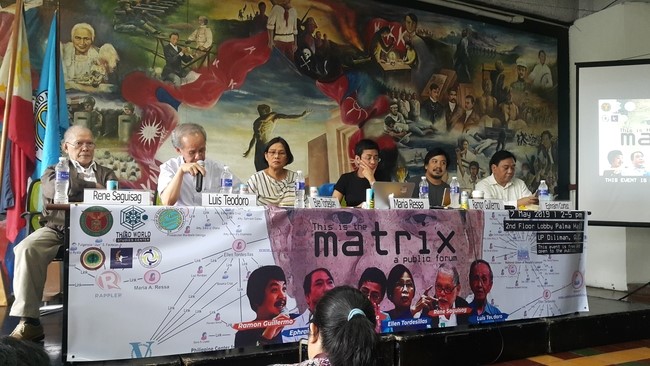The 1987 Constitution does not prohibit media organizations from receiving foreign grants, contrary to The Manila Times columnist Rigoberto Tiglao’s claim.
Tiglao and other pro-Duterte bloggers have questioned the funding sources of independent nonprofit media VERA Files as early as 2017, a year after the 11 year-old organization began fact-checking the false and misleading statements of public officials and figures, including those of President Rodrigo Duterte, his supporters and critics. The former press secretary has called for the government shutdown and disbanding of VERA Files and three other media outfits.
Your questions about VERA Files and its source of funds, answered.
Does Vera Files receive foreign grants?
Yes. This information has always been publicly available.
On its website, the organization’s About page reads:
“VERA Files relies on grants, the proceeds from the sale of its stories, and donations and contributions from its trustees and supporters to fund its operations. It screens donors, contributors and grantors carefully and does not accept funding that will compromise its independence and nonpartisanship.”
Since its creation in 2008, VERA Files has pursued several specialized reporting projects and provided trainings to journalists, students and educators in its commitment to advance excellence in journalism in the Philippines.
It looked into, among others, election-related violence; elections in the Autonomous Region in Muslim Mindanao; extrajudicial killings, torture and enforced disappearances; trafficking in persons; persons with disabilities, road safety, and the environment.
Because there is a dearth of funding sources in the Philippines that enable nonprofit media outfits to pursue research-intensive and in-depth reporting, VERA Files has relied mostly on support from international institutions.
The following have supported the organization’s projects over the years:
- Transparency and Accountability Network
- Canada Fund for Local Initiatives
- Coca-Cola Foundation Philippines, Inc.
- United Nations Population Fund
- United Nations Development Program
- British Embassy Manila
- The US Embassy Manila
- The Asia Foundation for the project, “Reporting on Persons with Disabilities”
- Reporters Sans Frontières for “Media Ownership Monitor: Who Owns the Media in the Philippines?”
- The World Health Organization and Bloomberg Philanthropies for the “Road Safety Journalism Fellowship”
- Internews’ Earth Journalism Network for “Earth Files”
- Global Road Safety Partnership
- Institute for Women’s Policy Research
- The National Endowment for Democracy (NED) for “VERA Files Fact Check”
- Facebook (VERA Files is one of three designated third-party fact-checkers in the Philippines.)
Does the Constitution ban media organizations from receiving international funding?
No.
The 1987 Constitution restricts the ownership and management of mass media to Filipino citizens and Filipino-owned corporations. Nowhere does it say that the media is prohibited from receiving grants from institutions outside the Philippines.
Article XVI, Sec. 11 reads:
“The ownership and management of mass media shall be limited to citizens of the Philippines, or to corporations, cooperatives or associations, wholly-owned and managed by such citizens.”
More, international law also protects the right of civil society organizations to access resources and funding. An analysis of the American Bar Association of the right to and restrictions on foreign funding of NGOs reads:
“The right to access funding is a direct and essential component of the right to freedom of association, which is protected by Article 22 of the (International Covenant on Civil and Political Rights.) Most NGOs, and especially human rights organizations, function on a “not-for-profit” scheme and therefore depend heavily on external sources of funding to carry out their work.”
Source: American Bar Association Center for Human Rights, International and Comparative Law Analysis of the Right to and Restrictions on Foreign Funding of Non-Governmental Organizations
The United Nations Human Rights Council, which has documented the worldwide crackdown on civil society organizations to access resources and domestic funding, also wrote in 2013:
“The ability of CSOs to access funding and other resources from domestic, foreign and international sources is an integral part of the right to freedom of association.”
Source: UN General Assembly, Human Rights Council, Report of the Special Rapporteur on the rights to freedom of peaceful assembly and of association, Maina Kiai, April 24, 2013
In November 2018, the Securities and Exchange Commission (SEC) issued new guidelines for nonprofit organizations “to protect (them) from money laundering and terrorist financing abuse,” and obtain information for “regulatory and risk assessment purposes,” among others.
Starting July 31, nonprofit organizations, which were formerly required to submit every year only their General Information Sheets and audited financial reports, will be compelled to disclose their sources of funding.
The mandatory disclosure form lists down various forms of foreign funding as options: public officer of a foreign government, foreign government, private institution/business/company outside the Philippines, and international organizations like the World Health Organization, World Bank, and other United Nations agencies. Funding sources include but are not limited to debts, endowments, grants, contributions and donations, according to the SEC.*
Lawmakers, civil society groups and human rights advocates have raised concerns over the SEC guidelines being used as a tool to infringe on fundamental freedoms, including the right to organize and the right to privacy.
A resolution filed by the Makabayan bloc seeking to scrutinize the new “arbitrary yet powerful” SEC guidelines is pending in the House of Representatives.
What is the National Endowment for Democracy?
Tiglao and other pro-Duterte bloggers have singled out the National Endowment for Democracy (NED) among VERA Files’ funding sources.
The NED is a private, nonprofit, grant-making American organization created by law in 1983 to support non-governmental groups working outside of the U.S. in the areas of human rights, independent media, the rule of law, civic education and the development of civil society. It currently provides grants in more than 90 countries, details of which are on its website.
A private foundation, it is not part of the U.S. government though it receives an annual budget from the U.S. Congress through the Department of State and has an independent board of directors that controls how funds are spent.
As a non-governmental organization, the NED complements the U.S. government’s efforts in promoting democracy, allowing it to work in areas where there are no government to government relations and in “environments where it would be too complicated for the U.S. government to work.”
Aside from government funding, the NED also raises limited private contributions from foundations, corporations and individuals to support its non-grant related activities.
Sources:
House.gov, United States Code, Subchapter II–National Endowment for Democracy
House of Representatives, House Resolution No. 2420, Jan. 17, 2019
Human Rights Online Philippines, [Statement] New SEC memo on non-profit organizations violates right to organize – Karapatan, Jan. 15, 2019
Manila Bulletin, Makabayan bloc moves to scrutinize SEC memorandum on NPOs/NGOs, Jan. 17, 2019
Official Gazette, The Constitution of the Republic of the Philippines
Rappler, ‘Chilling effect’: Groups slam new SEC guidelines for nonprofits, Feb. 9, 2019
Securities and Exchange Commission, Memorandum Circular No. 15, s. 2018
UN General Assembly, Human Rights Council, Report of the Special Rapporteur on the rights to freedom of peaceful assembly and of association, Maina Kiai, April 24, 2013
(Guided by the code of principles of the International Fact-Checking Network at Poynter, VERA Files tracks the false claims, flip-flops, misleading statements of public officials and figures, and debunks them with factual evidence. Find out more about this initiative and our methodology.)




